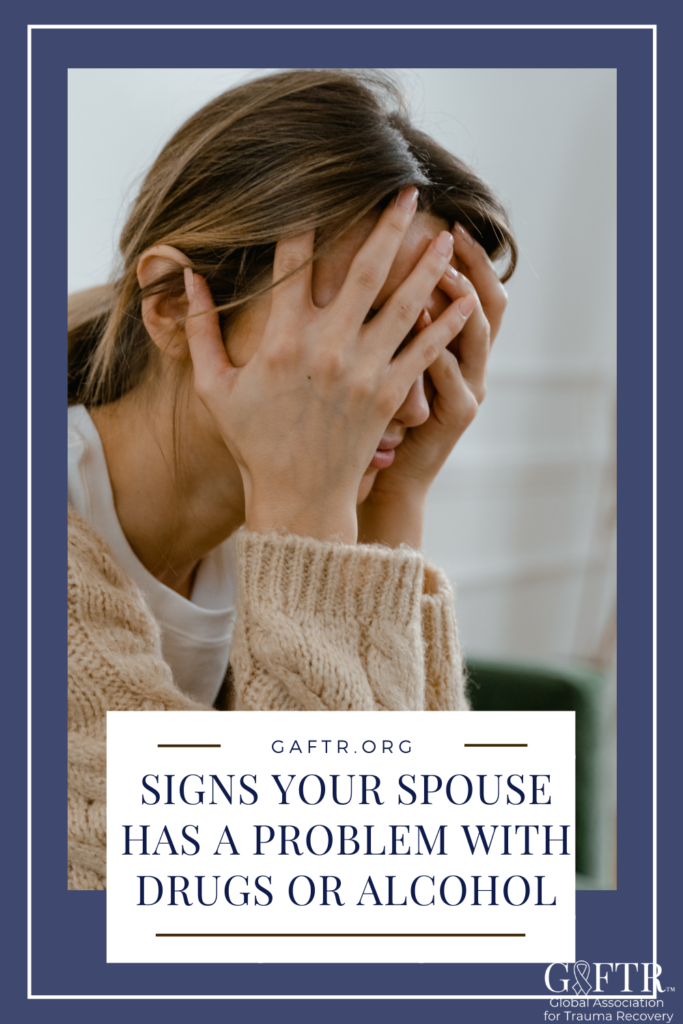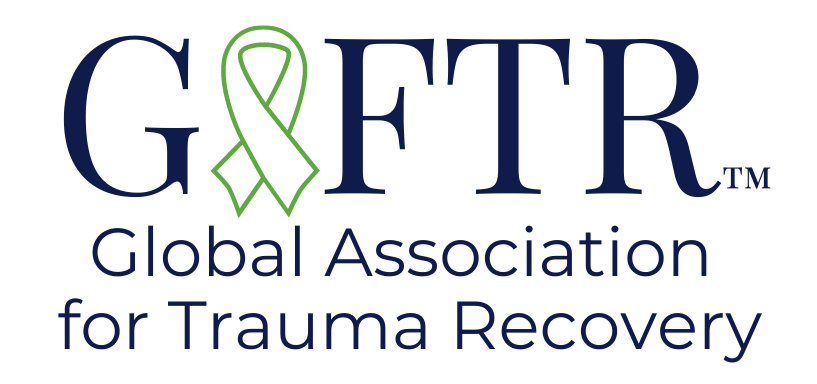by Sarah O’Brien
Drugs and alcohol have the power to completely change a person. The spouse you once married may now seem harsh, distanced, or uncaring. Whether your partner is dealing with alcohol abuse or drug addiction, substance dependence of any kind can be all-consuming.
Not only can substance use change your partner’s behavior, but it can also put severe pressure on your marriage — especially if you have children to look after.
Financial stress, lies, secrecy, lack of trust and vulnerability, mental health disorders, and other important factors can all contribute to divorce among couples dealing with addiction. Researchers have found that the rate of divorce among people with alcohol use disorder is significantly higher (48%) than in those with no alcohol use disorder (30%).
If you’re worried your spouse may have an addiction, there are certain warning signs you can be aware of. It’s never too late to begin the process of healing and recovery (for your spouse’s substance use disorder and your marriage).
They’re Being Dishonest
A person who’s using alcohol or drugs in private may use lies and excuses to mask their substance use. While there are many reasons a spouse may lie to their partner, it may point to substance abuse if there are other warning signs present.
You may notice that your partner is coming home later, “meeting up” with people more frequently, acting guilty, sneaking around, or otherwise showing signs of dishonestly that may be specific to your spouse.
If your partner knows you wouldn’t support these drinking or drug-using habits, they may be inclined to keep it from you. Or, if they feel ashamed of this substance use, they may feel stuck and unwilling to reach out for help. In the process, they may lie to you to cover their tracks and keep the addiction hidden.
They Are Emotionally Distant
Studies have found that people who abuse drugs and alcohol are more isolated and lonely than people who do not abuse substances. This feeling of loneliness is often connected to worsened physical health, poor mental health, depression, low self-esteem, anxiety, increased risk-taking behaviors, and other issues.
Your spouse may feel on the outskirts — physically present, but emotionally unavailable. You may not be able to laugh and talk as you normally would because of this emotional barrier. And more often than not, it’s the spouse’s own emotional concerns and issues with substance use that create this sense of isolation, not you or your level of support.
They’re Missing Important Events
A sign that a spouse has a problem with drugs or alcohol is that they’re missing important events or milestones. For example, a graduation, birthday party, or anniversary.
This can include smaller events, as well, such as a weekly date night, skipping out on club meetings or workouts, or missing your child’s sporting event. Pay attention to your partner’s change in behavior: Are they late, or completely missing events they typically wouldn’t?
If your spouse is consistently absent and you suspect they may be drinking or using drugs, there may be a substance use issue involved.

You Don’t Trust Them
Trust is one of the most important factors of any marriage. To feel safe and connected to your spouse, you must have a shared level of trust. When one spouse is abusing substances, that trust is often lost.
If you find yourself watching where they’re going, checking their location frequently, questioning their words, or doubting them in other ways, you should pay attention to why you feel this way. If they’ve broken your trust (such as missing a birthday party or lying to you) it may be an indication that they’re abusing substances.
Physical Signs of Substance Use
If your spouse is abusing alcohol or drugs, you’ll likely see a number of physical changes and effects.
A few of the physical signs of addiction include:
- a change in weight
- decreased personal hygiene
- nausea or vomiting
- headaches
- bloodshot eyes
- dry mouth
- impaired coordination and motor skills
- slurred speech
- slow reaction time
- change in sex drive
- dizziness
- fatigue
- slowed breathing
Mental and Emotional Signs of Substance Use
You can also pay close attention to your spouse’s mental wellbeing. Drugs and alcohol can worsen symptoms of mental health conditions such as depression or anxiety, and you may see enhanced symptoms of these mental illnesses.
Your spouse may also have mood swings, lose interest in hobbies they once enjoyed, have a general lack of interest in life, or have low motivation. Many people with substance use disorders have difficulty sleeping (insomnia), experience a change in appetite, or struggle to connect with people.
To learn more about your spouse’s emotional state, ask probing questions such as:
- Do you feel emotionally fulfilled?
- Are you feeling connected to me (or our family or friends)?
- How do you feel when you use drugs/drink alcohol? How do you feel when you don’t?
- How are your stress levels?
- Do you feel sad or depressed?
- Do you feel like your mental health has shifted lately?
- What factors have affected your mental wellness?
- What can I do to be more supportive?
Next Steps If Your Spouse Has a Problem With Substances
Accepting the fact that your spouse has a problem with substances is difficult. But once you make that first step, you can help your partner to get the help they need to overcome an issue with drugs or alcohol.
When you’re ready, bring your concerns to your partner and have an open conversation with them. If need be, you might bring along a friend or family member for support, someone your spouse is comfortable with and trusts.
If they’re open to it, you can discuss options in treatment such as individual therapy, substance abuse support groups, or a rehab program. There are many rehab programs available, ranging from low-intensity outpatient programs to high-intensity residential rehab programs.
Sarah O’Brien is an Addiction Specialist with Ark Behavioral Health


